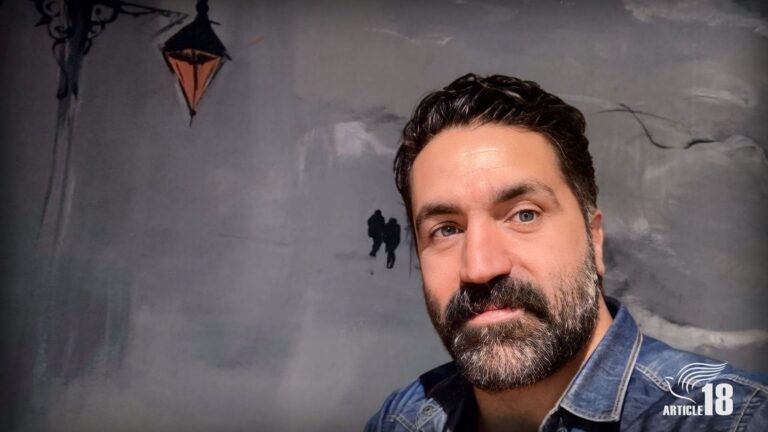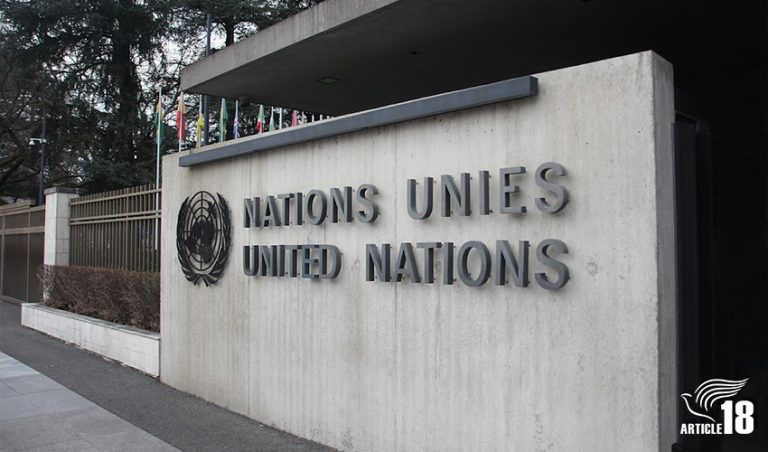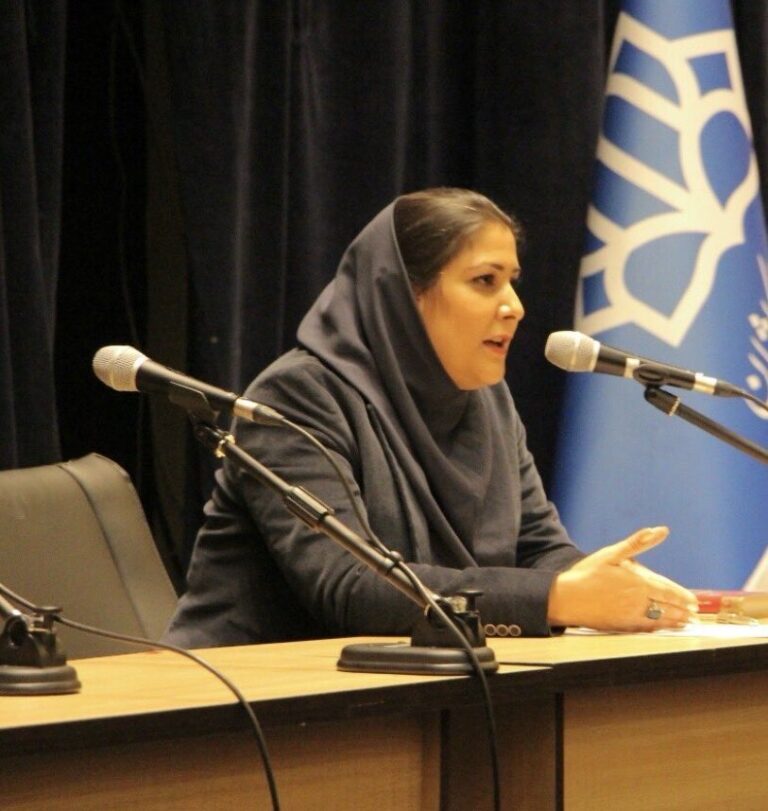
Three Christian women survivors of persecution in Iran have called upon the international community to make more noise on behalf of persecuted Christians in Iran.
“My fear is that we’re too quiet,” said Dabrina Bet-Tamraz, whose brother, Ramiel, is currently in prison in Tehran because of his Christian evangelism, and whose father, Victor, and mother, Shamiram, will appear in court later this month to appeal against their own convictions on similar charges.
Dabrina highlighted the case of Fatemeh (Mary) Mohammadi, a 21-year-old Christian convert who was reported arrested over three weeks ago and has not been heard from since.
“She’s a young girl and nobody has any idea where she is right now,” Dabrina said. “She’s been taken away for over three weeks now. We’ve called on every organisation to raise awareness and ask the [Iranian] government… [to] make them accountable, responsible for what they’ve done.”
Dabrina said she feared that if not enough noise was made about the situation of people like Fatemeh, someone like her may “go missing, and die, and nobody will ever talk about it”.
Dabrina was speaking yesterday at a live-streamed discussion about the situation of Christians in Iran, hosted by the US-based Family Research Council.
She shared the stage with fellow survivors Maryam Rostampour and Marziyeh Amirizadeh, who spent nearly nine months in the same prison where Dabrina’s brother is now incarcerated: Evin Prison in Tehran.
Marziyeh said Christians in Iran today need the support of the international “more than [at] anytime”, to shine a light on the abuses they face and sanction the individuals responsible.
Marziyeh shared how, when she and Maryam were in prison, pressure from international actors including Pope Benedict led to them being treated more humanely in prison and, eventually, released.
She said this proved that advocacy worked and called upon international organisations to do more to bring awareness to the human rights violations Iranian Christians are experiencing.
“Publicising the cases can at least protect prisoners from being physically tortured and coerced to [make] false confessions,” she said.
Marziyeh also called on the US to relax its controls on asylum-seekers – at least in “severe cases” – and to “encourage” its allies in Europe and at the UN to “hold the Iranian regime accountable for violations of human rights and ignoring the rights of religious minority”.
‘Raise awareness, speak about it’

The three women also called on Christians around the world to help raise awareness about the persecution of Christians in Iran and elsewhere.
“We would like to encourage each one of you to give more attention to the Iranian human rights situation and the issues of religious persecution,” Marziyeh said. “We hope for a day when all Iranian people from any religion or ethnicity can live together in peace, without having the fear of getting harassed.”
Dabrina added: “Raise awareness, speak about it. You are the voice of persecuted brothers and sisters today in prison in Iran and all across the world.”
Maryam and Marziyeh spoke about how encouraged they were when they found out that they had been sent hundreds of letters in prison, even if the guards never let them read them.
Maryam encouraged Christians to “just write hundreds and thousands of letters, send them to prison, because that makes them [the authorities] angry”.
Maryam added that Christians in the West must not forget that their freedom is a “precious gift”.
“As people who came from a country where you cannot even sing for God with a loud voice, you have to be cautious about everything… This freedom that you have in this country is a precious gift. But we also believe that you have to use this freedom. You can’t just leave your freedom and enjoy this freedom. We have to be a voice for those people who do not have this freedom.
“One day persecution may come to the free countries and we might need help from that part of the world. So please stand up for your brothers and sisters and be their voice.”
All three women talked about how the trauma of their experiences remain with them.
Dabrina said that after years of being followed by government agents, it took her eight years after leaving Iran before she stopped “looking in the mirror to see if there was a car following me or not”.
Maryam added: “Today, after 10 years, it is still hard for us to forget the tortures and execution of our best friend, and many other injustices we witnessed inside Evin Prison.”



0 Comments
Trackbacks/Pingbacks